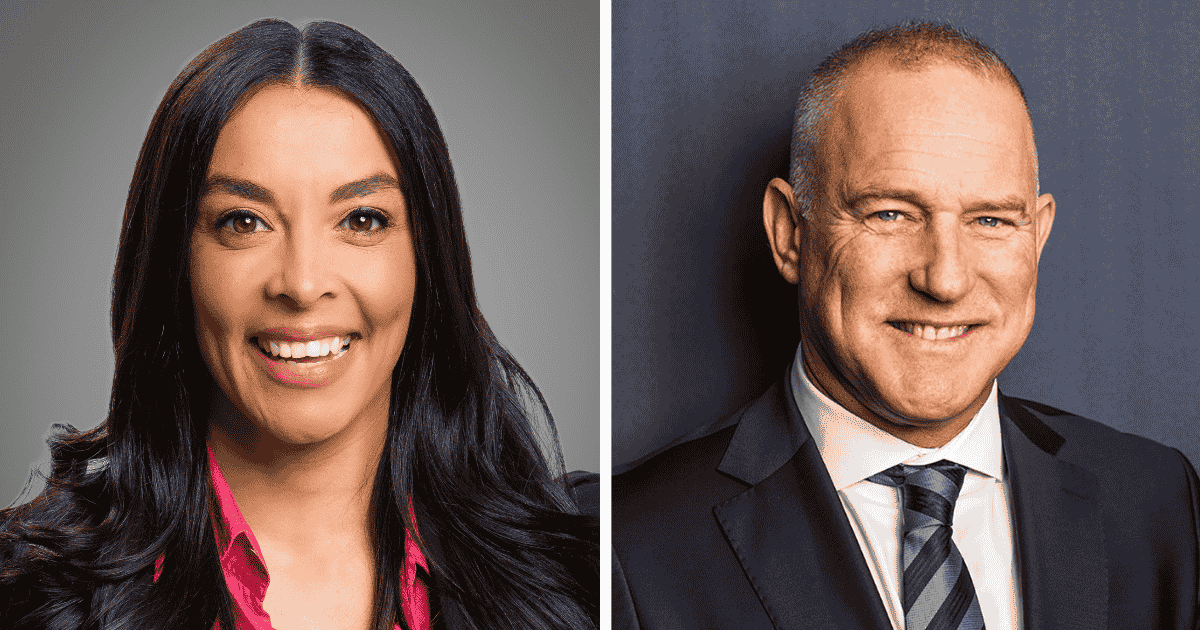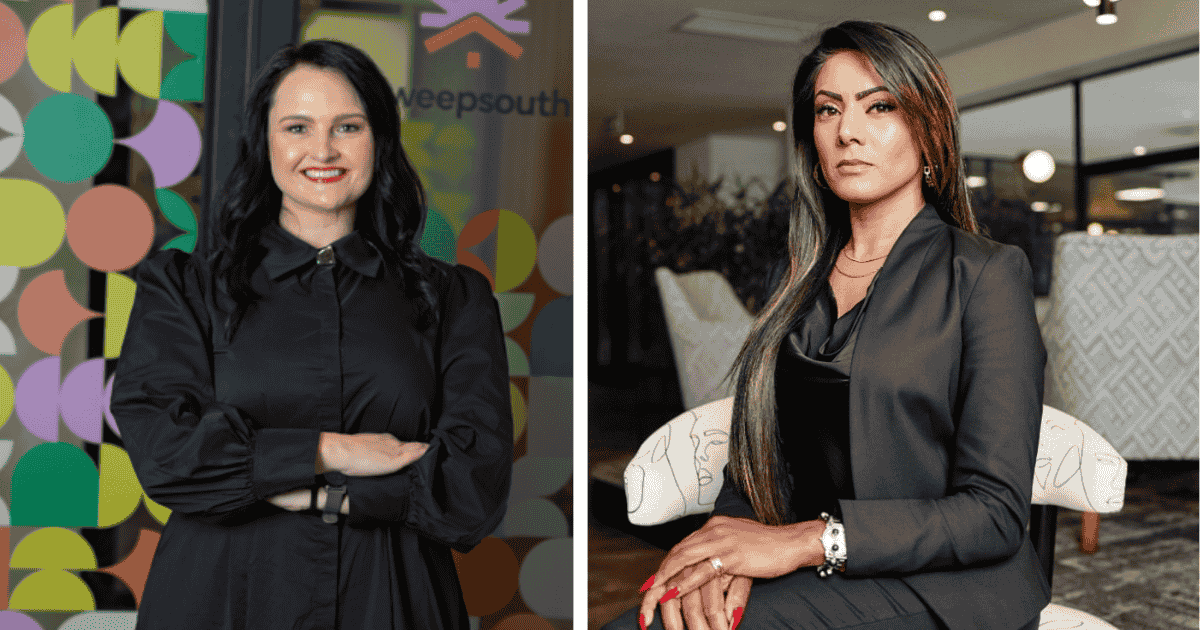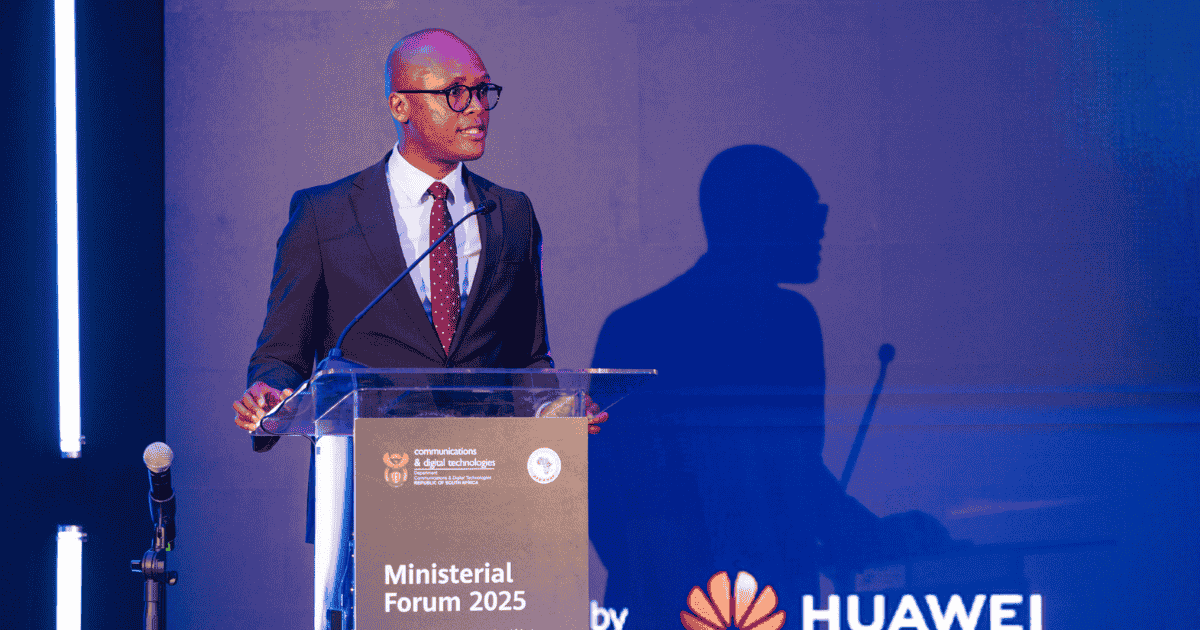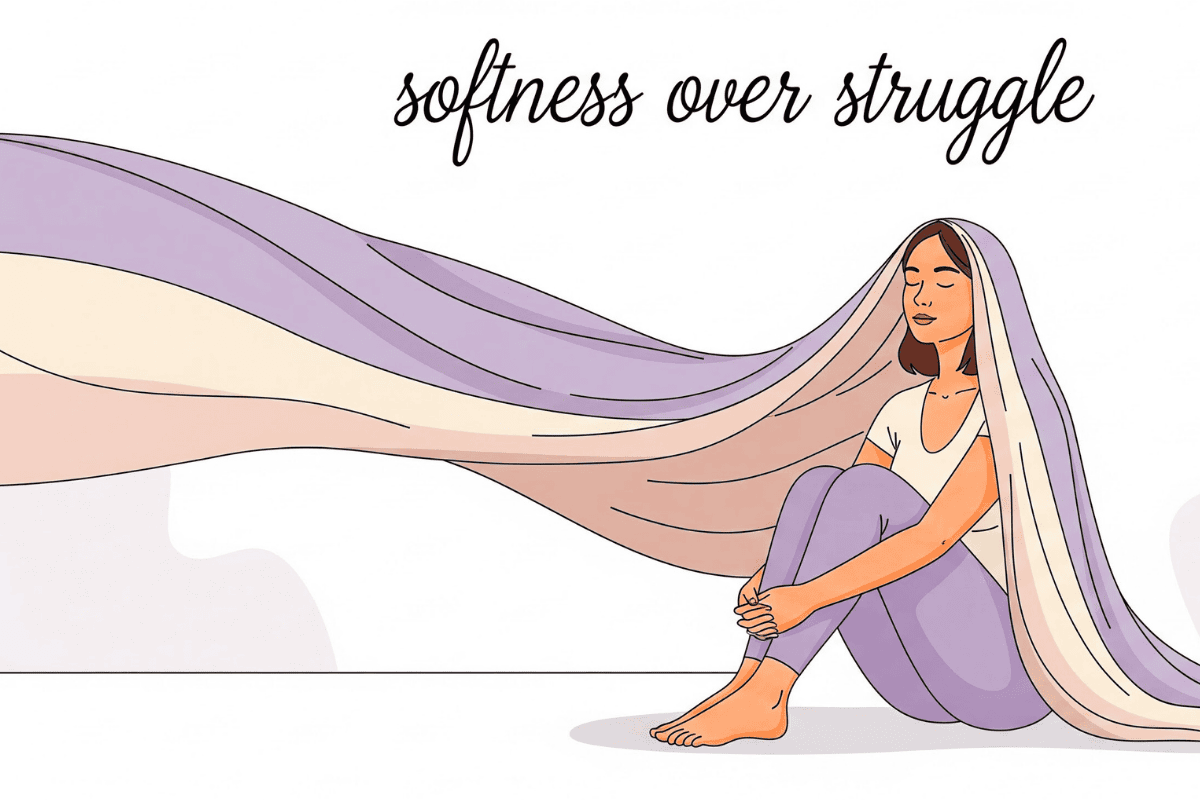South Africa’s women are making strides in finance, property, and business. But when you zoom in on the numbers, the fintech gender gap is still stubborn.
Access to skills, fair pay, and capital remain unequal, and that trickles into everything from financial stress to property ownership.
I saw this first-hand at the launch of the Her and Now: Insights into the Women of South Africa 2025 Report[1], which laid bare how women are more empowered than ever, yet still more exhausted than ever too.
The fintech gender gap
Now, fintech and finance leaders are adding their voices to that conversation, spelling out exactly where the cracks still lie.
Freedom is more than income
“Despite legal and educational advancements, systemic barriers continue to impede access to economic opportunity, personal safety, and social mobility,” says Jill Snijman, Head of Marketing at 1st for Women.

In the Her and Now report, 75% of women named financial stress as their biggest pressure point. Snijman adds that 88% of women believe financial independence is essential for happiness, but more than 60% don’t have the support to achieve it.
She says financial independence isn’t just about rands and cents. “It represents freedom, choice, and emotional liberation.”
But there’s still a paradox: women are more ambitious and connected than ever, yet also more fatigued and burdened.
“Amid this tension, a powerful shift is taking place,” says Snijman. “It’s quiet, intentional and grounded in softness, not struggle.”
Understanding deep-rooted vulnerabilities
Lourandi Kriel, CEO of SweepSouth, says we can’t talk about gender and money without talking about domestic workers. While this sector is crucial for many, it has seen “a 15% reduction in jobs since before the COVID-19 pandemic.”
Kriel says this is a “worrying statistic when 87% of domestic workers are the primary breadwinners of their homes, supporting an average of four dependents with this single salary.”
She warns that financial stress for this group is constant, and that the system isn’t designed to protect them. “Only in understanding the complexities of the lived financial reality of domestic workers can we begin to address it in a systematic and sustainable way.”

For her, the fixes include stricter labour law enforcement and new compliance models for private homes, plus more training in financial literacy.
ALSO READ: Meet Tarryn Tomlinson, the woman who built an AI Assistant for inclusion
Younger women taking the lead
When it comes to property, younger women are changing the game!
Bradd Bendall, BetterBond’s National Head of Sales, says their data shows home loan applications submitted by women has climbed from 36% in 2016 to nearly 42% a decade later.
The biggest change is in who’s applying. Four years ago, most of BetterBond’s applications from women (approximately 57%) were for buyers over the age of 40.
Bendall says this trend has now reversed, with a larger portion of applications by younger women. “Just over 53% of BetterBond’s women applicants are younger than 40, compared with the almost 47% who fall within the older cohort.”
The takeaway here? Women aren’t waiting for a spouse or career milestones anymore. We are buying homes earlier, and often on our own.
In fact, Lightstone data shows single women far outnumber men as buyers in the under-R250 000 market, with the trend continuing up to the R1 million bracket.
That still doesn’t mean the barriers are gone….
As Women, Youth and Persons with Disabilities Minister Sindisiwe Chikunga recently reminded, pay disparities still mean women earn less and own fewer assets.
She called for the creation of “women-focused investment funds […] and the developing of alternative credit scoring mechanisms that recognise informal economic activities where many women are concentrated.”
ALSO READ: SA’s Deaf unemployment crisis: DEF calls on recruiters to fix barriers
The fintech gender gap and salary parity
According to the World Economic Forum, South Africa ranks 111th globally (out of 148 countries) for wage equality for similar work[2].
That means women in South Africa still earn significantly less than men doing the same jobs. As a country, we perform better overall on gender parity (33rd globally), but when it comes to pay, the gap remains stubbornly wide.
The report places South Africa in the bottom third of countries for economic participation, showing that salary parity still isn’t improving at the pace needed.
It’s a reminder that even as more women enter the workforce, the pay gap keeps dragging behind. And it’s a structural issue fintech and financial leaders can’t ignore any longer.
Building sustainable systems
Some of the most powerful change is coming from women shaping financial systems from the inside.
Meanwhile, Yushanta Rungasammy, Director and Co-Head of Corporate and Commercial at CMS South Africa, says a “noticeable and important shift continues to take place in the financial and regulatory space.”
“Much of it is being driven by women in leadership, particularly within legal, compliance and advisory roles,” she says.
Why? Because women in these roles push harder on governance, ethics, and inclusive growth. They are also more likely to insist on diverse voices being heard.
“What inspires me most is the way many of these leaders are giving back by mentoring younger professionals,” Rungasammy adds. “It’s a powerful cycle that’s laying the groundwork for a stronger, more equitable industry, one that values people as much as profit.”.
References:
[1] 1st for Women, & Mpholle, R. (2025). Her and Now: Insights into the Women of South Africa 2025: Edition 1: The Quiet Revolution (R. Mpholle, Lead researcher) [PDF]. 1st for Women.
[2] World Economic Forum. (2025). Global Gender Gap Report 2025 [PDF]. Produced by the World Economic Forum with contributions from Silja Baller, Yanjun Guo, and Kim Piaget.





